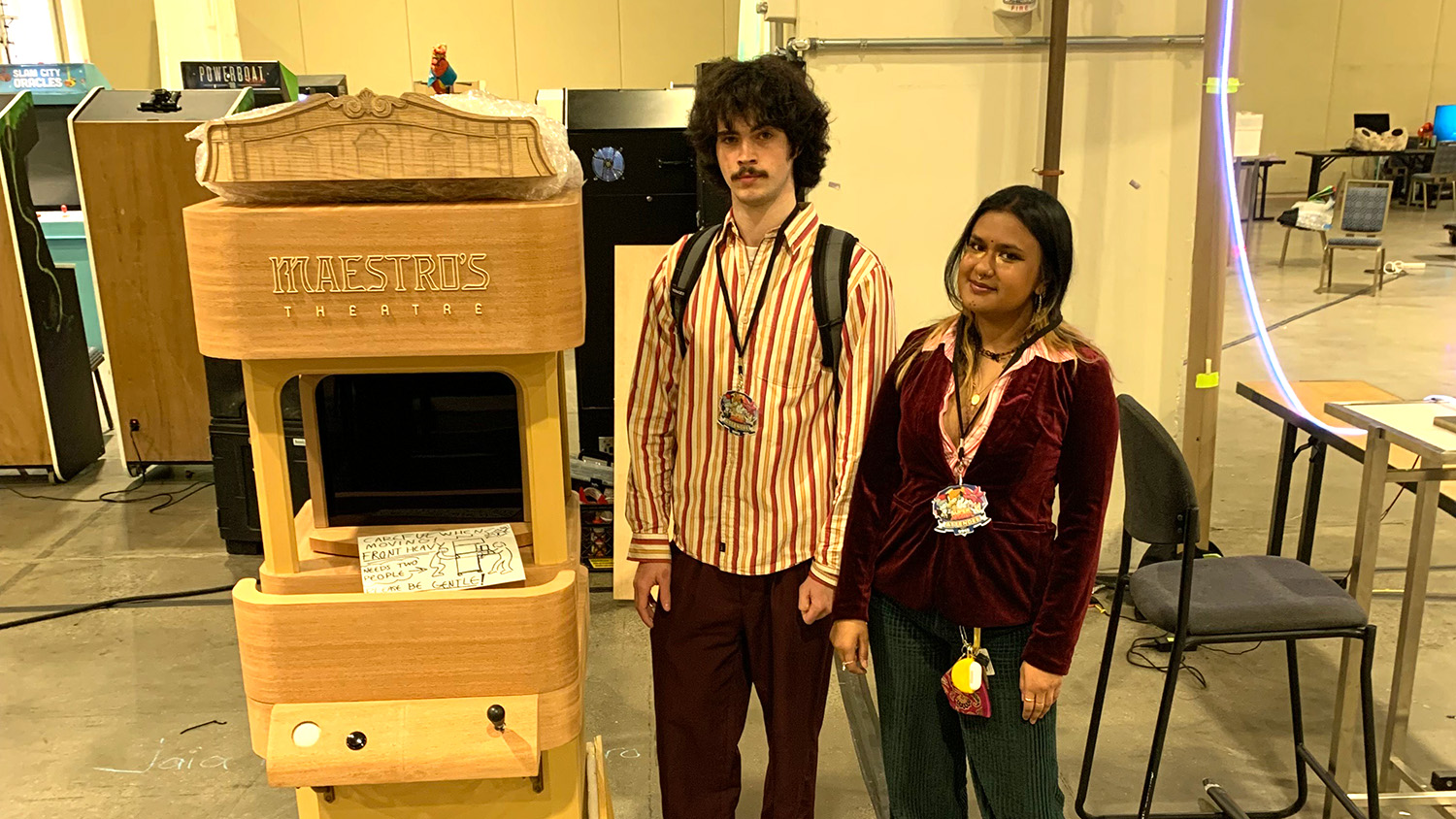A Scholarly Approach
Two programs, two ways to stand out from the Pack
At NC State, we take pride in providing enriching programs that actively engage students in the process of learning. The University Honors Program and the University Scholars Program are two such exemplary offerings. They provide deep learning at a high level with one major difference—the setting.
While the Honors Program is course driven and research focused, and thus, more traditionally classroom and lab based, the Scholars Program often takes its classroom on the road, sometimes quite literally (an outdoor excursion set for Spring Break 2017 features a desert reading road trip in the Southwest). “Both programs take a well-rounded, interdisciplinary approach, allowing students to look at issues from different perspectives and to be aware of the world,” explains Susan Carson, Interim Executive Director of Academic Enrichment Programs. “The end results of both programs are similar, but the journeys differ.”
At the heart of the Honors Program are its seminars—students are required to take 12 credit hours—and the Capstone project—a culmination of knowledge with two basic requirements: it must have a true research focus and it must be under the mentorship of faculty within the field.
Taught in an inquiry driven manner (i.e. the professor is generally not at the front of the classroom lecturing), the seminars “stimulate an undergraduate culture of research” while fusing subject matter. For example, one class might focus on literature and music and another on sociology and philosophy. With an average class size of around 20, the seminars lend themselves to lots of interaction, between the students themselves and between students and the faculty.
“This approach to knowledge allows students to think across the boundaries of their discipline to see how their majors connect with others,” notes Carolyn Veale, assistant director, University Honors Program. “It gives them the opportunity to think about how they approach their education; it allows them to magnify their education.”
Veale says that often students arrive at college already settled into a career, mentioning Michelle Phillips, an alum who arrived at NC State ready to study engineering. As Phillips started talking to people in different disciplines of study, her love of thrill rides happened to come up. They asked if she had ever thought of making that passion part of her studies. She hadn’t. For her Capstone project, she assembled the animatronic wolf that now sits in Hunt Library. For her career, she’s an engineer at Universal Creative and helped with the design of the Wizarding World of Harry Potter Diagon Alley expansion. “That’s the beauty of the program,” exclaims Veale. “It allows students to dream big to make things happen to achieve their career goals.”
“It gives them the opportunity to think about how they approach their education; it allows them to magnify their education.”
Carolyn Veale, Assistant Director of University Honors Program
At the heart of the Scholars Program are its forums—students are required to attend at least 12 each semester—and enrichment activities—of which there were over 513 different opportunities in the 2015-16 academic year—as well as exploration trips. Held once a week during the school year, forums feature everything from musical and theatrical performances to addresses by world-class scientists to debates on public policy issues. Students have the option to attend the scheduled forum or to attend one of the other forum based events—they receive a newsletter listing all of the applicable activities both on and off campus.
“By really getting out and engaging in the community and with the world around them, they grow in ways they might not get to grow through regular coursework,” emphasizes Carson. “It helps them become cognitive of the world around them, to be aware of their impact, to be empathetic, to be good stewards of the world in addition to good students.”
Along with annual outdoor excursions and an overseas trip (past trips explored such cities as London, Paris, Rome, Barcelona, Istanbul, and Lisbon), the Scholars Program includes summer study abroad opportunities in Florence and Oxford directed by staff who lead the course component and co-curricular activities.
In Summer 2017, for the first time, students in the Honors Program will be invited to join Scholars Program students studying abroad in Oxford, and an epidemiology interdisciplinary Honors Seminar titled “Outbreak,” will be added to current offerings. A proposal has been submitted for a Maymester study abroad opportunity in Paris, which will also invite both Scholars and Honors students and will offer an Honors Seminar studying expatriate authors who have relocated to the City of Light.
Such new opportunities—along with the recent hiring of a new Honors Village director and a soon-to-be-announced new associate director for the Honors Program—indicate that these programs continue to grow, as do the students taking part. While each program takes a different approach, they both encourage students to stand out from the crowd. Veale sums it up best: “Students in these programs set themselves apart to become the true leaders of the pack.”
- Categories:


